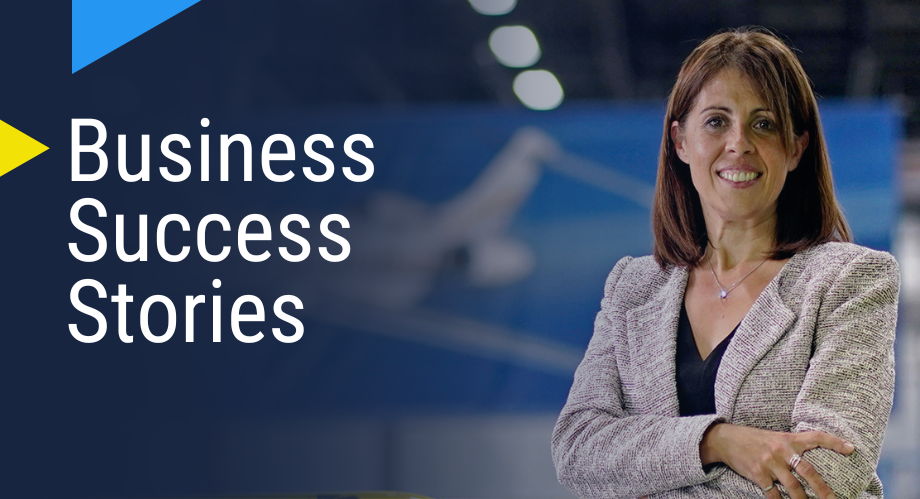Walter Weber:
Walter Weber is the President & CEO of UTEX Scientific Instruments Inc.
Walter leads a company of scientists, engineers and technologists that live to solve nondestructive inspection problems. Walter came to nondestructive testing quite accidentally when he was asked to solve instrumentation problems for Ontario Hydro Research, who were attempting to ultrasonically inspect CANDU reactors.
Walter proposed a more effective way of generating high frequency ultrasound. Based on the technology he proposed, UTEX was incorporated and located in Mississauga in 1991.
Walter now promotes new ways of thinking about how to automate NDT and believes there is much work to be done in ensuring that NDT catches up with the rest of factory automation. UTEX now produces inspection automation software, ultrasonic instrumentation and mechanical scanning systems for the aerospace, nuclear and power generation industries.
Janet Wardle:
Headquartered in Mississauga, Ontario, MHI Canada Aerospace, Inc. (MHICA), is a subsidiary of Japan-based Mitsubishi Heavy Industries.
Since opening their first facility in Mississauga over ten years ago, MHICA has seen steady growth, expansion and development which has had a significant positive economic impact on our city including a recent 206,000 square-foot expansion. MHICA’s facilities include a state-of-the-art manufacture and assembly facility and a supply chain and logistics centre where more than 850 highly-skilled employees are working on Bombardier’s sector-leading Global 5000/5500/6000/6500 and Challenger 350 business aircrafts. MHICA’s technicians build and join wing assemblies and fuselage centre sections, as well as perform systems and flight assembly installations and testing.
Janet Wardle became CEO and President of MHI Canada in April 2019 where she started out as Director of Supply Chain and then Vice President/ General Manager.
MHICA continues to be a vital part of Mississauga’s aerospace community, and the City of Mississauga is grateful that they continue to call Mississauga home.
Patrick Gunning:
Originally from Scotland, Patrick Gunning completed his B.Sc. (hons) and Ph.D. in Chemistry at the University of Glasgow, followed by post-doctoral studies at Yale University. In 2007, Gunning accepted a position as assistant professor with the University of Toronto Mississauga (UTM) Department of Chemical & Physical Sciences. Today, Gunning is a full professor and a Canada Research Chair in Medicinal Chemistry, has published close to 100 papers and won over 19 research awards (including recognition as one of Canada’s Top 40 Under 40). Over the past ten years, he developed a dynamic and diverse medicinal chemistry program targeting protein-protein interactions, a most challenging of targets. He and his team (the Gunning Group) develop inhibitors of proteins that drive the most rare and lethal of human cancers.
Gunning is the director of UTM’s Centre for Medicinal Chemistry (CMC), which develops compounds ready for advanced pre-clinical trials—the last stage in the drug development process before human testing, and one that very few academic labs are equipped to reach. The promise of CMC is to develop a larger pipeline of compounds that will likely result in more and better drugs to fight all forms of cancer as well as other diseases.
In the course of this work, Gunning has founded three companies, including Janpix Inc., an oncology-focused start-up, backed by $22 million in venture capital. Janpix represents CMC’s first breakout success and will further its work on STAT proteins by providing funding to ten researchers in Mississauga to focus on further testing and development. This venture marks the first time a direct STAT drug will go into clinical trials. CMC expects Janpix to be the first of many critical commercialisation projects.
Looking ahead, CMC will have access to IBM’s Watson artificial intelligence (AI) platform. AI has the potential to mine existing scientific literature on a host of potential compounds to identify promising trends, tasks that would otherwise take researchers an extremely long time to perform.


